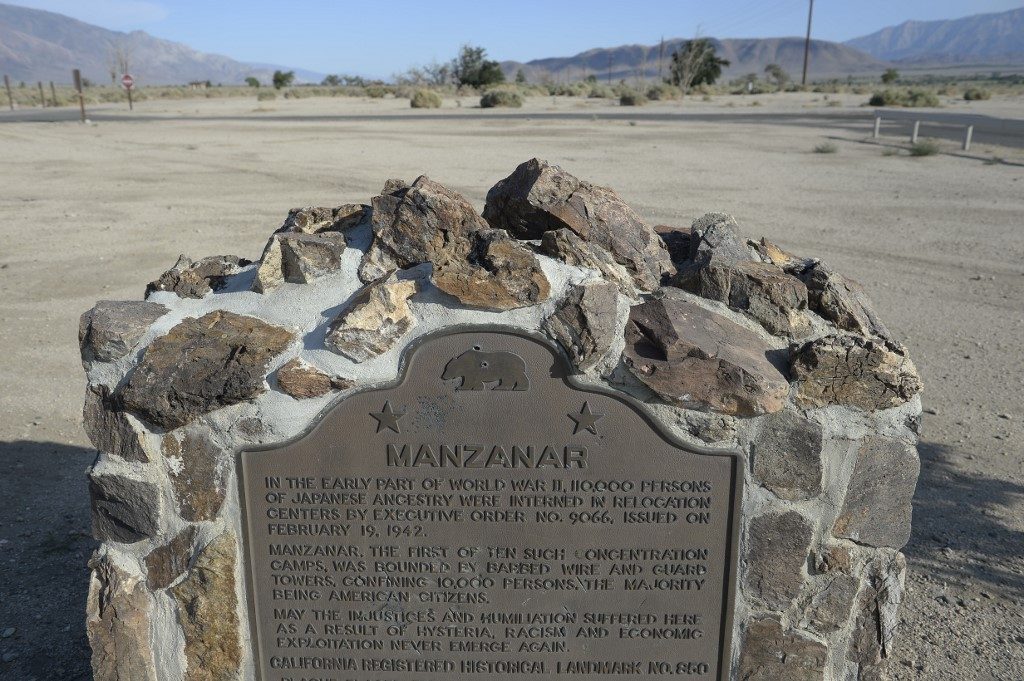SUMMARY
This is AI generated summarization, which may have errors. For context, always refer to the full article.

LOS ANGELES, USA – Nearly 80 years after the US authorized the internment of Japanese-Americans during World War II, California plans to formally apologize this week for its role in one of the darkest chapters in US history.
State lawmakers are set to vote on Thursday, February 20, on a resolution which states that the California legislature apologizes for “the unjust exclusion, removal, and incarceration of Japanese Americans during World War II, and for its failure to support and defend the civil rights and civil liberties of Japanese Americans.”
More than 120,000 Japanese-Americans were sent to 10 concentration camps throughout western states and Arkansas during World War II after President Franklin D. Roosevelt signed an executive order.
The February 19, 1942 order came just two months after the Japanese attack on Pearl Harbor.
“The apology is especially pertinent now with President (Donald) Trump in office,” Democratic assembly member Al Muratsuchi, who introduced the bill, told AFP in a statement.
“What I hear over and over from the Japanese American community is about how bothered they are about what is happening at our borders with children and families held in cages, being torn apart.
“For many survivors of the Japanese American camps it strikes a deep chord,” he added. “They see in many ways history repeating itself.”
The federal government apologized in 1988 for the forced removals that lasted up to 1945, and granted compensation to survivors.
Muratsuchi, who is Japanese-American, said it was essential for California to atone for its past mistakes given the role the state played.
“We like to talk a lot about how we lead the nation by example,” he said in a tweet. “Unfortunately, in this case, California led the racist anti-Japanese American movement.” – Rappler.com
Add a comment
How does this make you feel?
There are no comments yet. Add your comment to start the conversation.